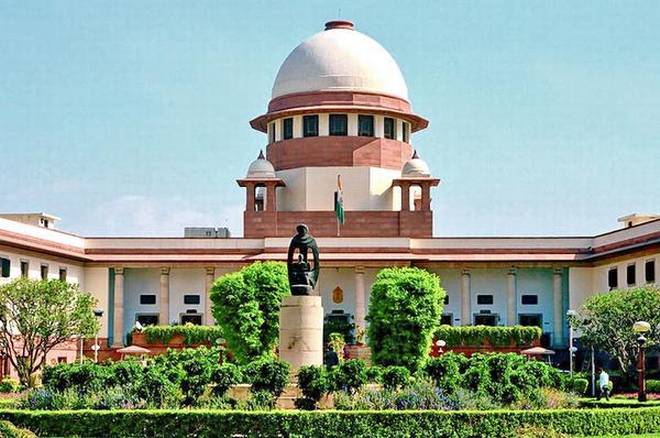Latest News
Review – Supreme Court Sets Aside The Forced Merger Of Two Companies Ordered By The Central Government.

In this recent landmark judgement, the Supreme Court set aside the forced merged of two companies ordered by the Ministry of Corporate Affairs. This order was the first of its kind after the invocation of Section 396 of the Companies Act 1956.
In 2016, the amalgamation of National Spot Exchange Ltd, with its parent company Financial Technologies India Ltd (later name changed as 63 Moons Tech Ltd) was ordered by the Union Ministry.NSEL fell into a major financial crisis in 2013, with this as the backdrop, Forward Markets Commission proposed the merger between NSEL and its parent company Financial Technologies, in “public interest.” In furtherance of this the amalgamation order was passed by the Ministry of Corporate Affairs, which gives the government the power to do so in public interest.
The Hon’ble High Court of Bombay rejected the plea of public interest. The Supreme Court bench of Justice Fali Nariman and Vineet Saran, concluded that the amalgamation was ultra vires section 396 and violative of Article 14 of the Constitution.
The immediate reason cited for the merger was that NSEL was financially incapable of substantial recovery from its defaulting members. It was stated that for the settlement for the rights and liabilities of the stakeholders, it is in public interest that NSEL be merged with its parent company.
The Court stated that compulsory amalgamation, if it included public interest would mean the welfare of the people as compared to the selfish interest of a group of private individuals. There was no presence of the interest of the general public and what has come across as a major factor is a business reality which is primarily private interest of the traders and investors. The Hon’ble High Court had justified the amalgamation on three grounds, firstly, safeguarding public confidence in forward contracts, and exchanges which are an integral part of the Indian economy.Secondly, giving affect to business realities of the case by consolidating the business of FTIL and NSEL and lastly, making sure that NSEL recovers dues from all defaulters. With regard to the third point it was held that that it catered to the interest of the private individuals.
In the Supreme Court order the essentials of public interest was also laid down and whether the amalgamation was absolutely indispensably necessary. Article 31A of the Constitution gives an immunity to the amalgamation of two companies. However, the Court did not accept this argument and said that it cannot be challenged on grounds of Article 14 and 19.The Court decided that the amalgamation order was an administrative order and not a law under the meaning of Article 13, hence the government is not liable for any immunity.



































































































